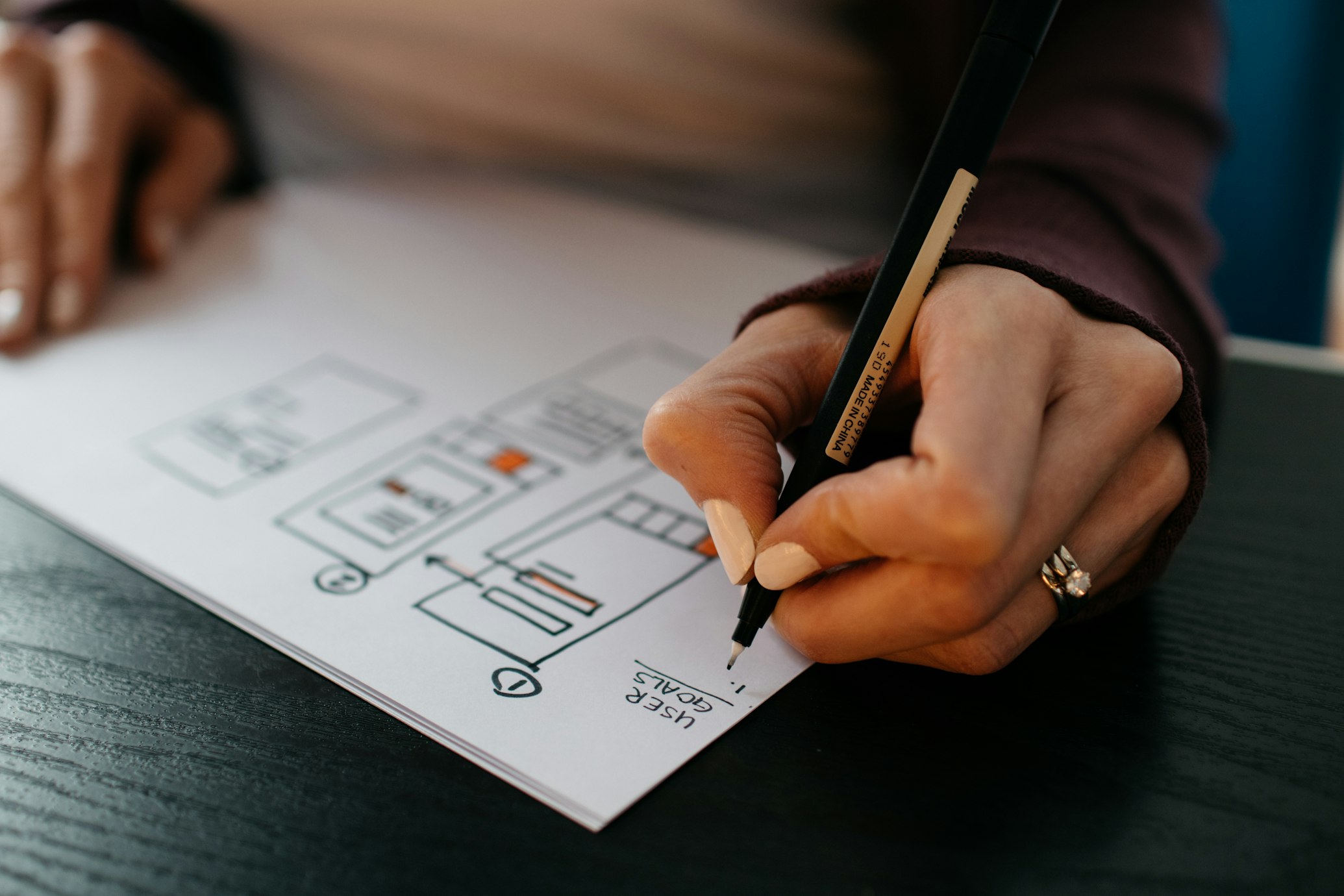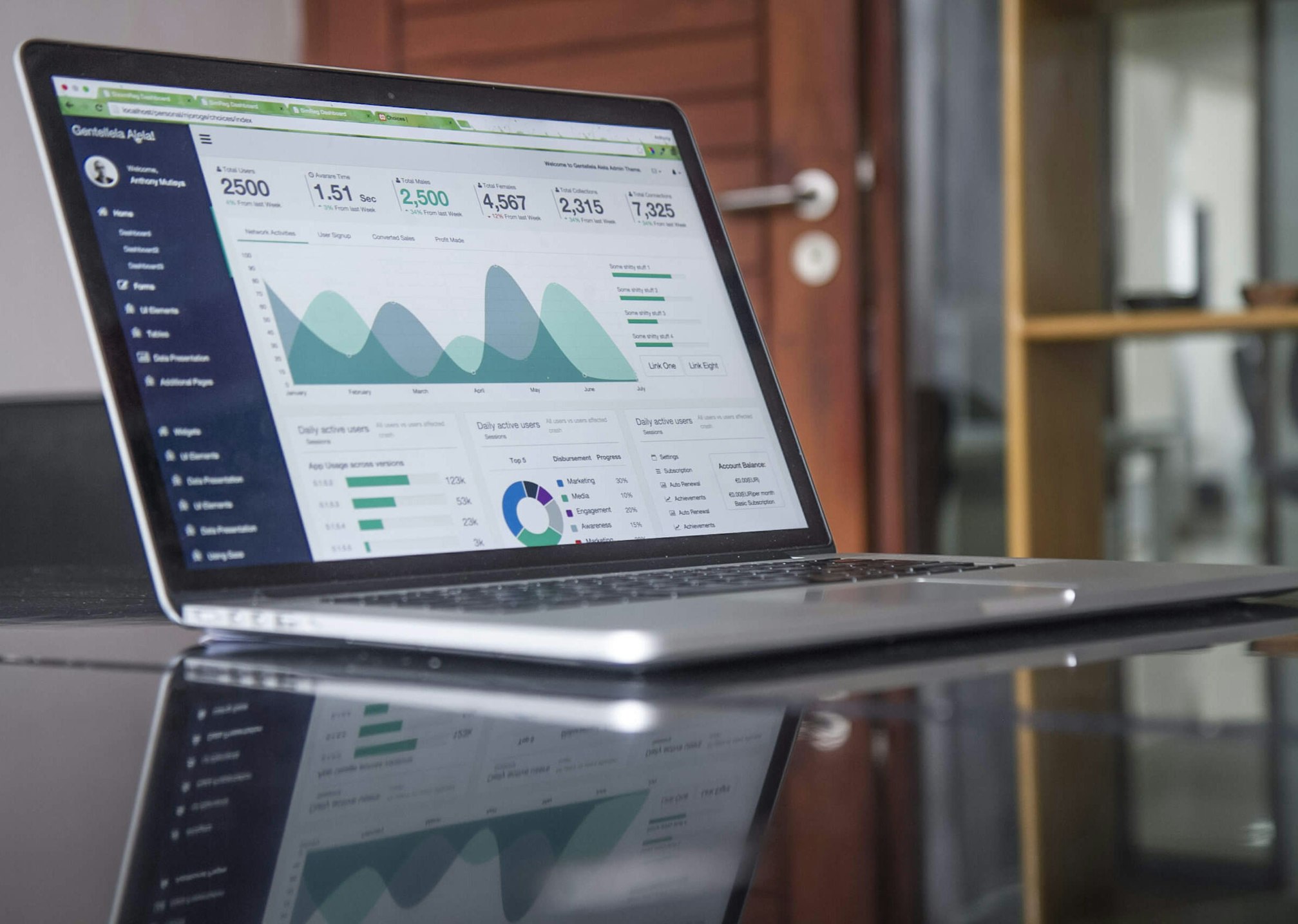UX Design Trends to Watch in 2025
Stay ahead of the curve with these emerging UX design trends that are shaping the digital landscape and user experiences.

User Experience (UX) design continues to evolve rapidly, driven by technological advances, changing user behaviors, and new design philosophies. As we move through 2025, several key trends are emerging that will shape how we design digital experiences.
1. AI-Powered Personalization
Artificial Intelligence is enabling unprecedented levels of personalization in UX design. From adaptive interfaces that learn user preferences to AI-generated content recommendations, personalization is becoming more sophisticated and seamless.
Key Applications: - Dynamic interface layouts based on user behavior - Personalized content curation - Adaptive navigation systems - Context-aware design elements
2. Voice and Conversational Interfaces
With the rise of smart speakers and voice assistants, conversational UI is becoming mainstream. Designers are focusing on creating natural, intuitive voice interactions that feel human-like.
Design Considerations: - Natural language processing - Multi-modal interactions (voice + visual) - Error handling and recovery - Accessibility for voice interfaces
3. Immersive Technologies (AR/VR)
Augmented and Virtual Reality are moving beyond gaming into practical applications. UX designers are exploring spatial design principles and 3D interaction patterns.
Emerging Applications: - Virtual shopping experiences - AR-enhanced product visualization - Immersive training and education - Spatial collaboration tools
4. Sustainable and Ethical Design
There's a growing focus on designing for sustainability and ethical considerations. This includes reducing digital carbon footprints and designing inclusive experiences.
Key Principles: - Energy-efficient design patterns - Inclusive and accessible design - Transparent data usage - Mindful attention design
5. Micro-Interactions and Animation
Subtle animations and micro-interactions are becoming more sophisticated, providing feedback and guiding user attention without overwhelming the interface.
Best Practices: - Purposeful animations that enhance usability - Performance-optimized motion design - Accessibility considerations for motion - Consistent animation language
6. Dark Mode and Adaptive Themes
Dark mode has evolved from a trend to a standard feature. Adaptive themes that change based on time, context, or user preference are becoming more common.
Implementation Strategies: - System-aware theme switching - High contrast accessibility options - Brand-consistent dark themes - User preference persistence
7. Gesture-Based Navigation
With the proliferation of touch devices and gesture recognition technology, gesture-based navigation is becoming more intuitive and widespread.
Design Considerations: - Discoverable gesture patterns - Fallback options for traditional navigation - Cultural gesture differences - Accessibility alternatives
8. Data Visualization and Storytelling
Complex data is being made more accessible through innovative visualization techniques and narrative-driven design approaches.
Trending Approaches: - Interactive data stories - Real-time data visualization - Simplified complex information - Emotional data presentation
9. Minimalist and Clean Design
The trend toward minimalism continues, with designers focusing on essential elements and reducing cognitive load.
Key Elements: - Generous white space - Clear typography hierarchies - Focused color palettes - Simplified navigation structures
10. Cross-Platform Consistency
With users accessing services across multiple devices and platforms, maintaining consistent experiences while adapting to platform-specific conventions is crucial.
Strategies: - Design system standardization - Platform-aware adaptations - Seamless cross-device experiences - Unified brand experiences
Implementation Tips
For Designers: 1. Stay updated with emerging technologies 2. Focus on user research and testing 3. Collaborate closely with developers 4. Consider accessibility from the start 5. Measure and iterate based on user feedback
For Businesses: 1. Invest in UX research and testing 2. Prioritize user-centered design processes 3. Stay flexible and adaptable to new trends 4. Focus on long-term user relationships 5. Measure UX impact on business metrics
Looking Ahead
The future of UX design will be shaped by: - Advancing AI and machine learning capabilities - Increasing focus on privacy and data protection - Growing importance of emotional design - Evolution of new interaction paradigms - Greater emphasis on inclusive design
Conclusion
Staying ahead in UX design requires continuous learning and adaptation. The trends outlined here represent opportunities to create more engaging, accessible, and effective user experiences. The key is to adopt these trends thoughtfully, always keeping user needs at the center of design decisions.
At eClick, our UX design team stays at the forefront of these trends, helping businesses create exceptional digital experiences. Contact us to learn how we can help you implement cutting-edge UX design in your next project.

About Alex Rodriguez
Alex Rodriguez is our Senior UX Designer with expertise in emerging design trends and user research methodologies.
Related Articles
More insights from our software development experts

Explore how artificial intelligence is revolutionizing business operations and creating new opportunities for growth and efficiency.
Read More
Learn the best practices for developing scalable web applications that can grow with your business and handle increasing demands.
Read MoreNeed Expert Software Development?
Our team of experienced developers can help bring your ideas to life. Contact us for a free consultation.